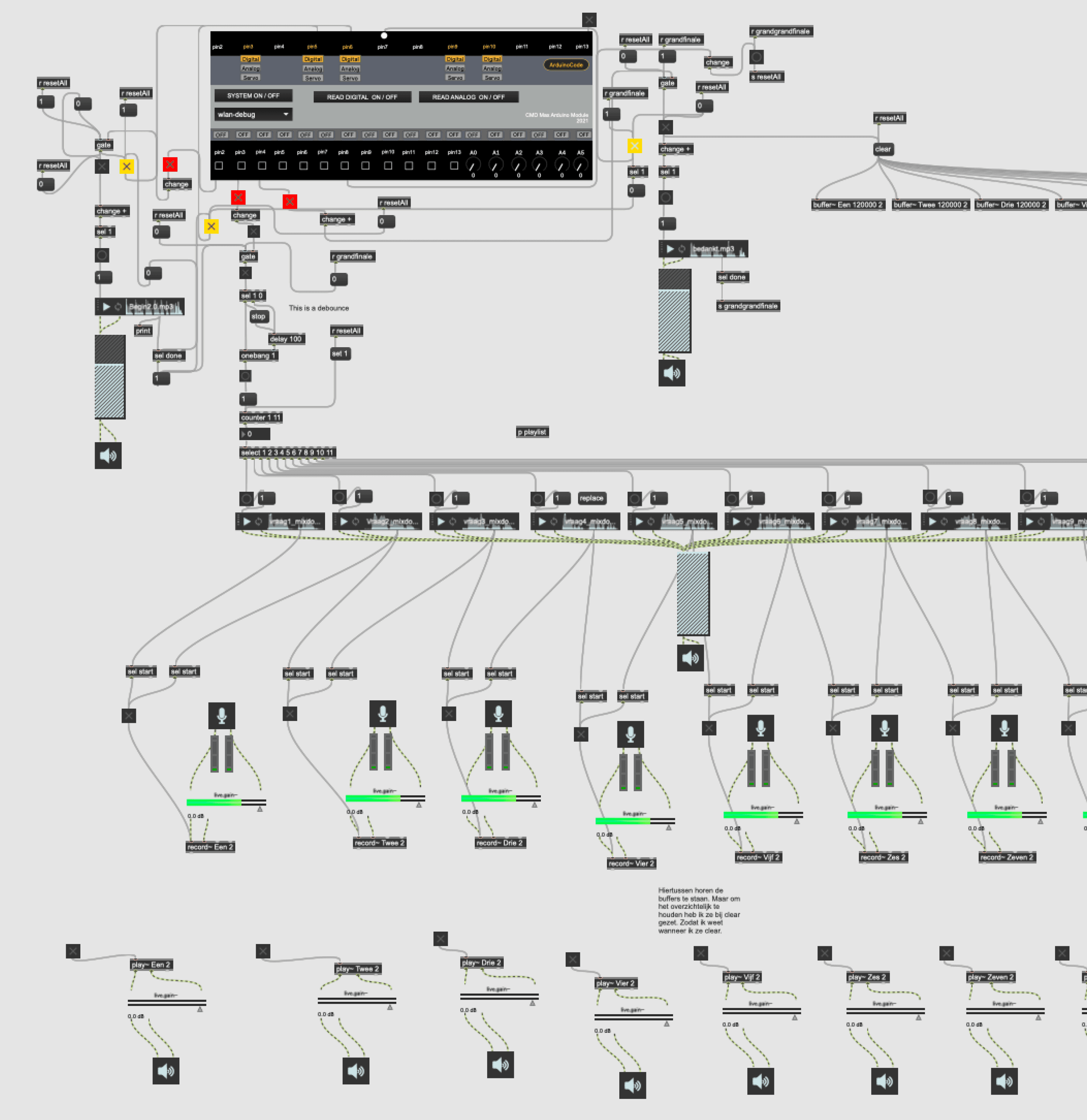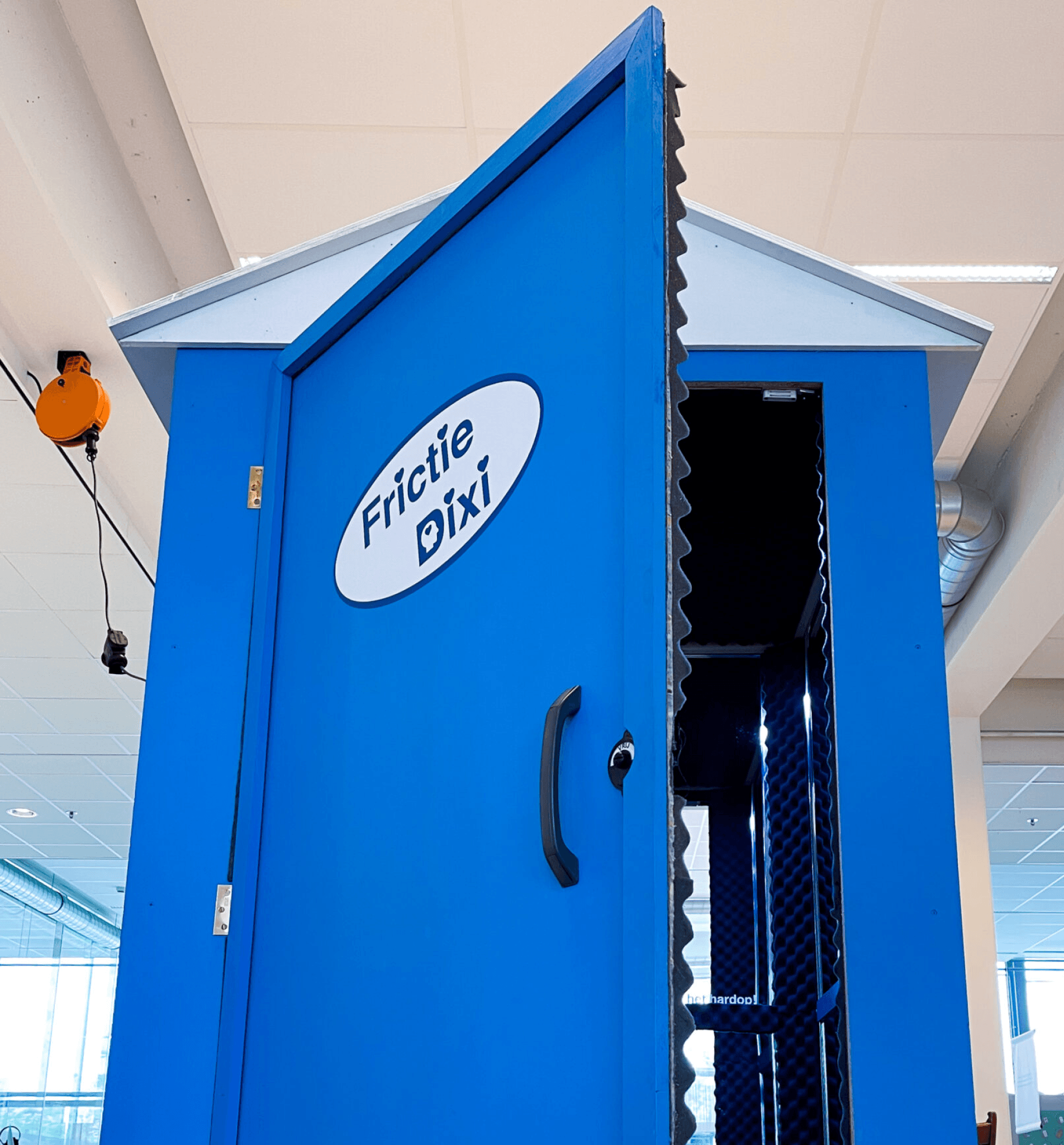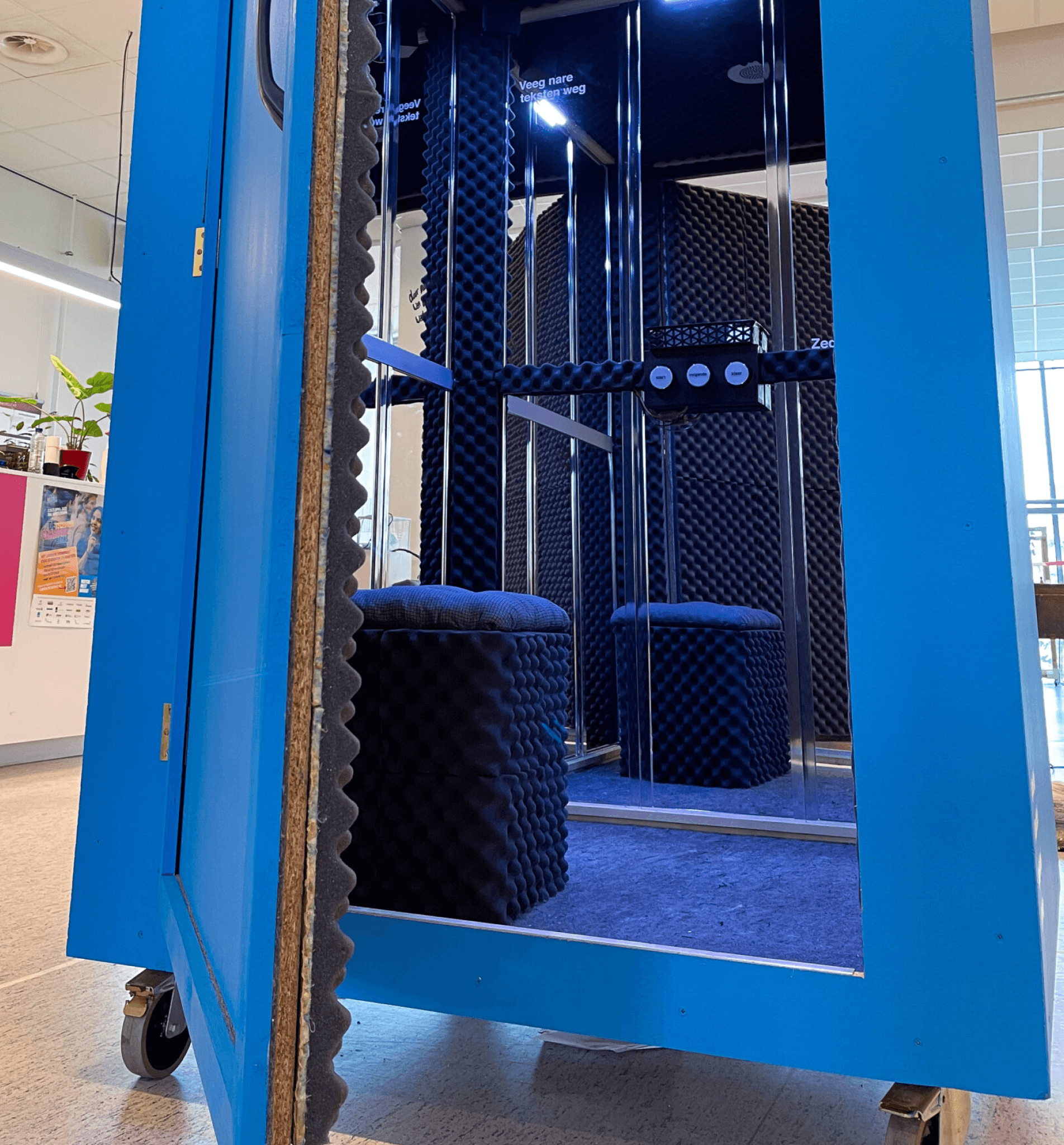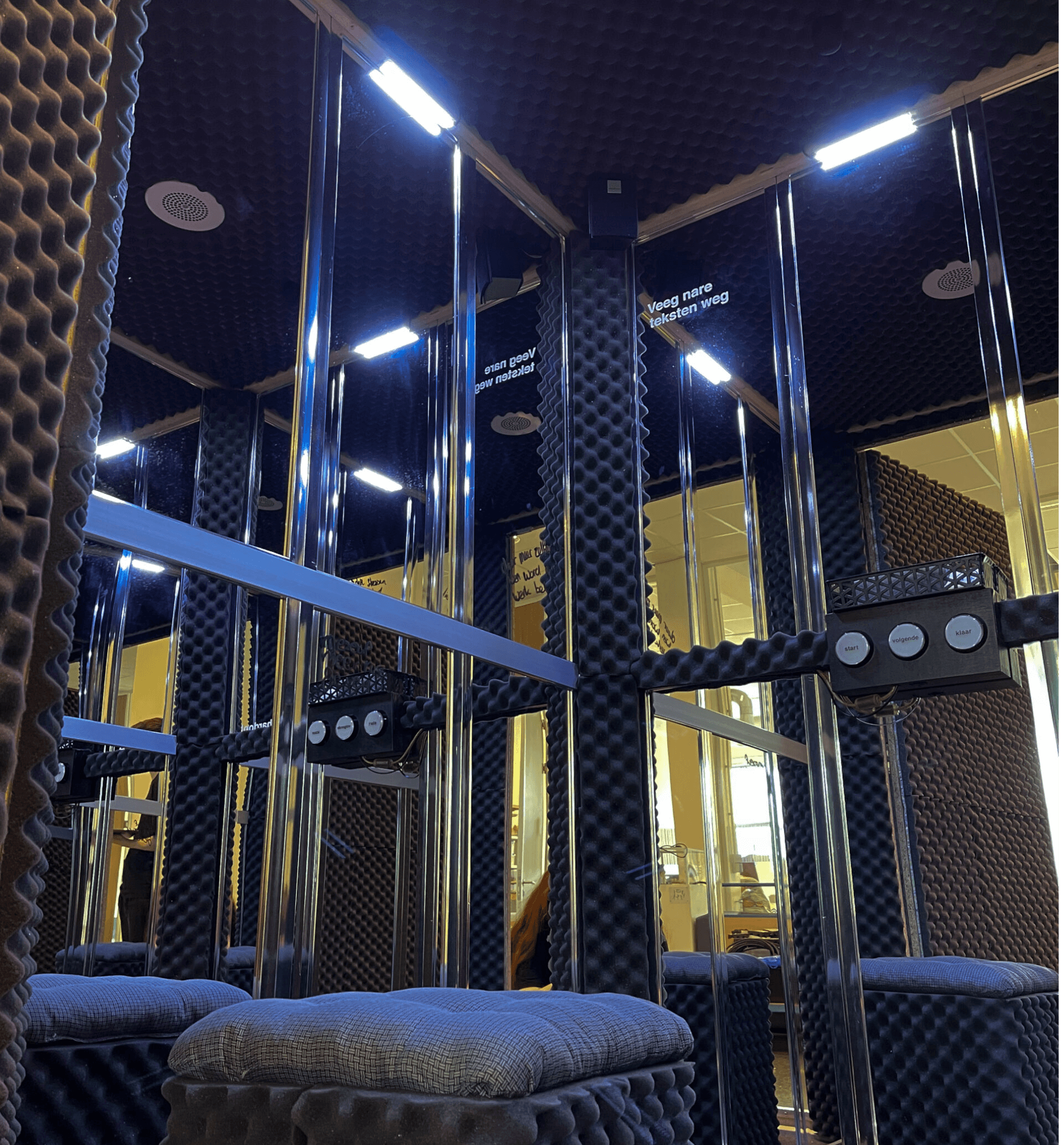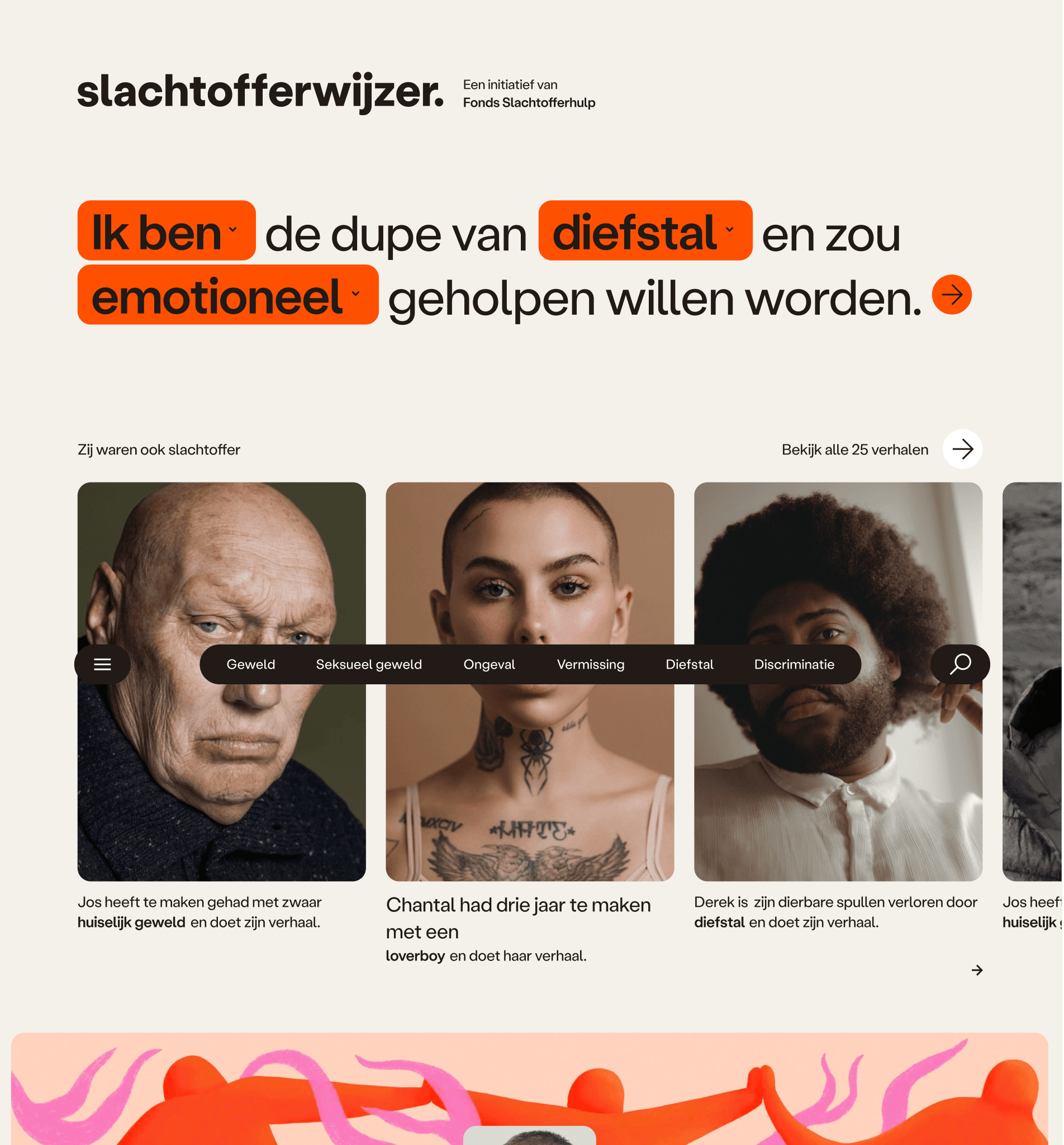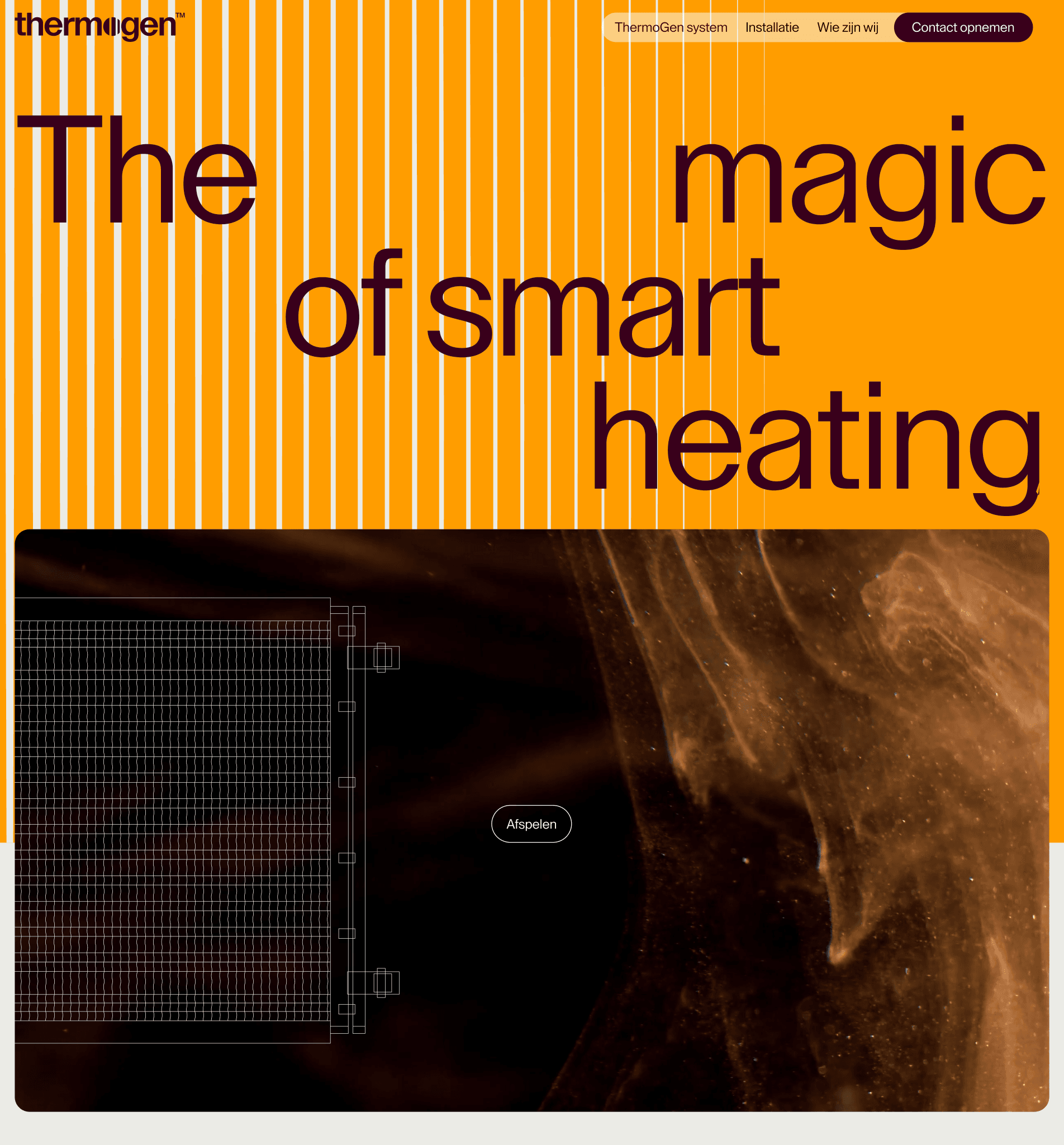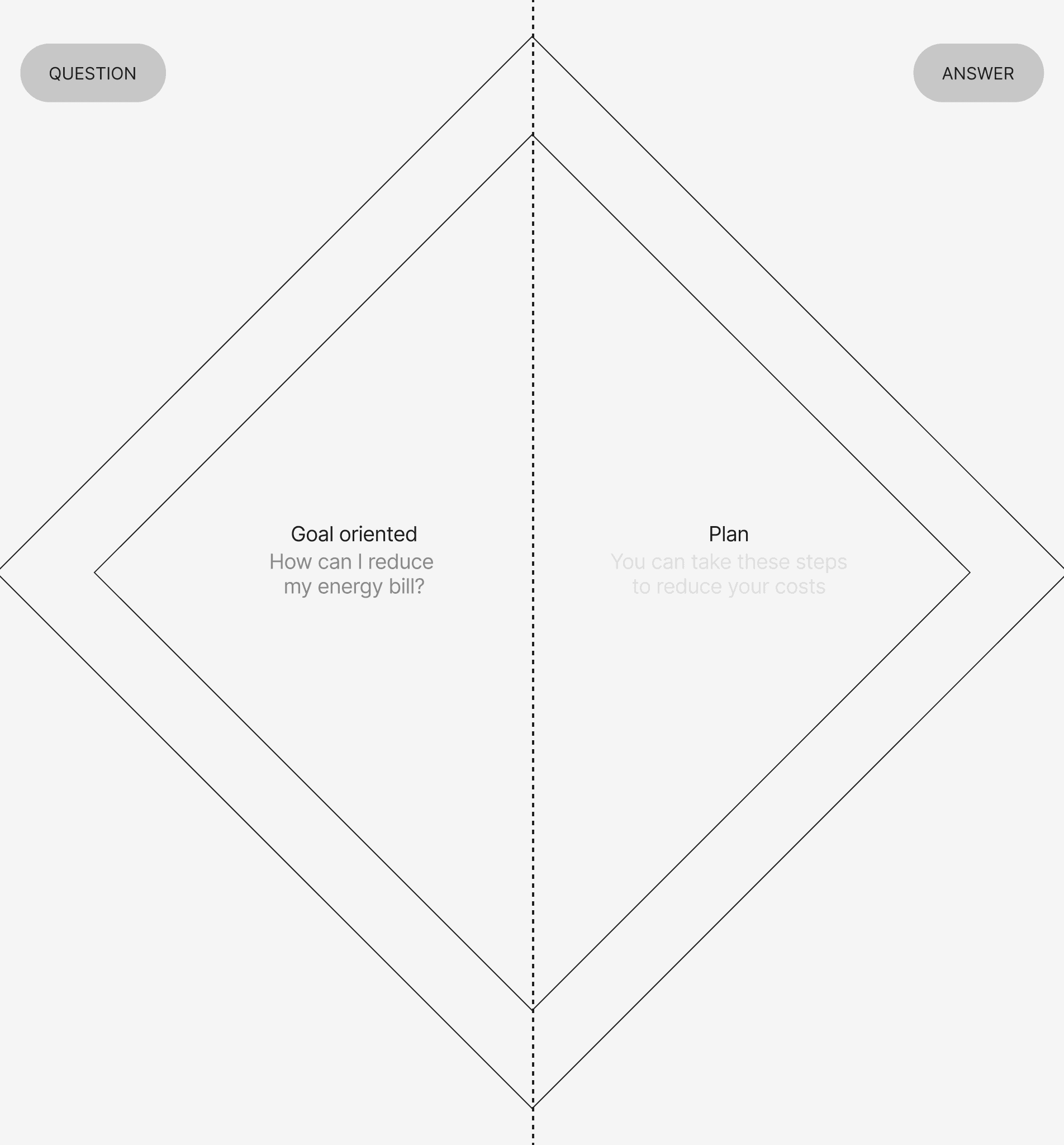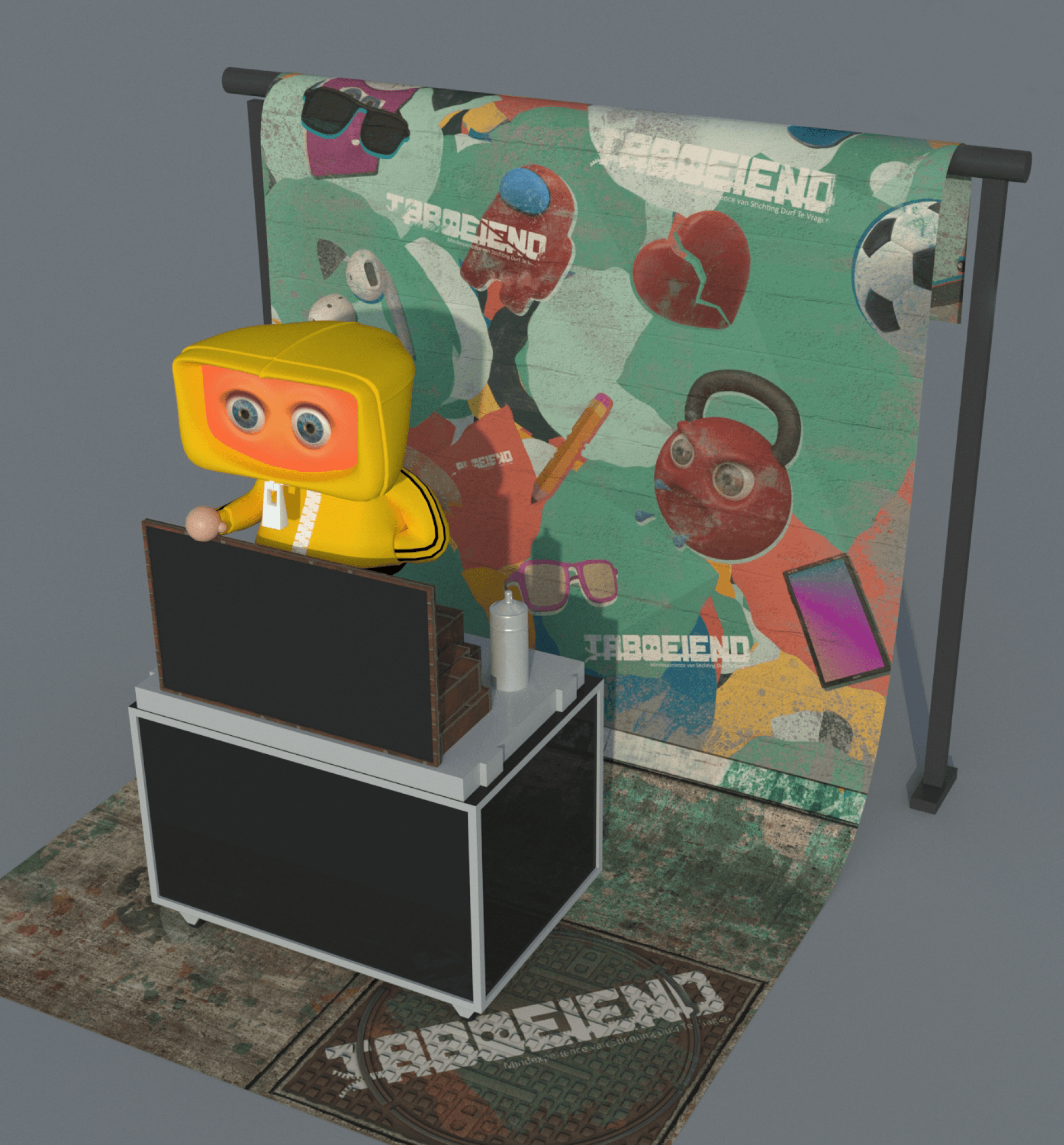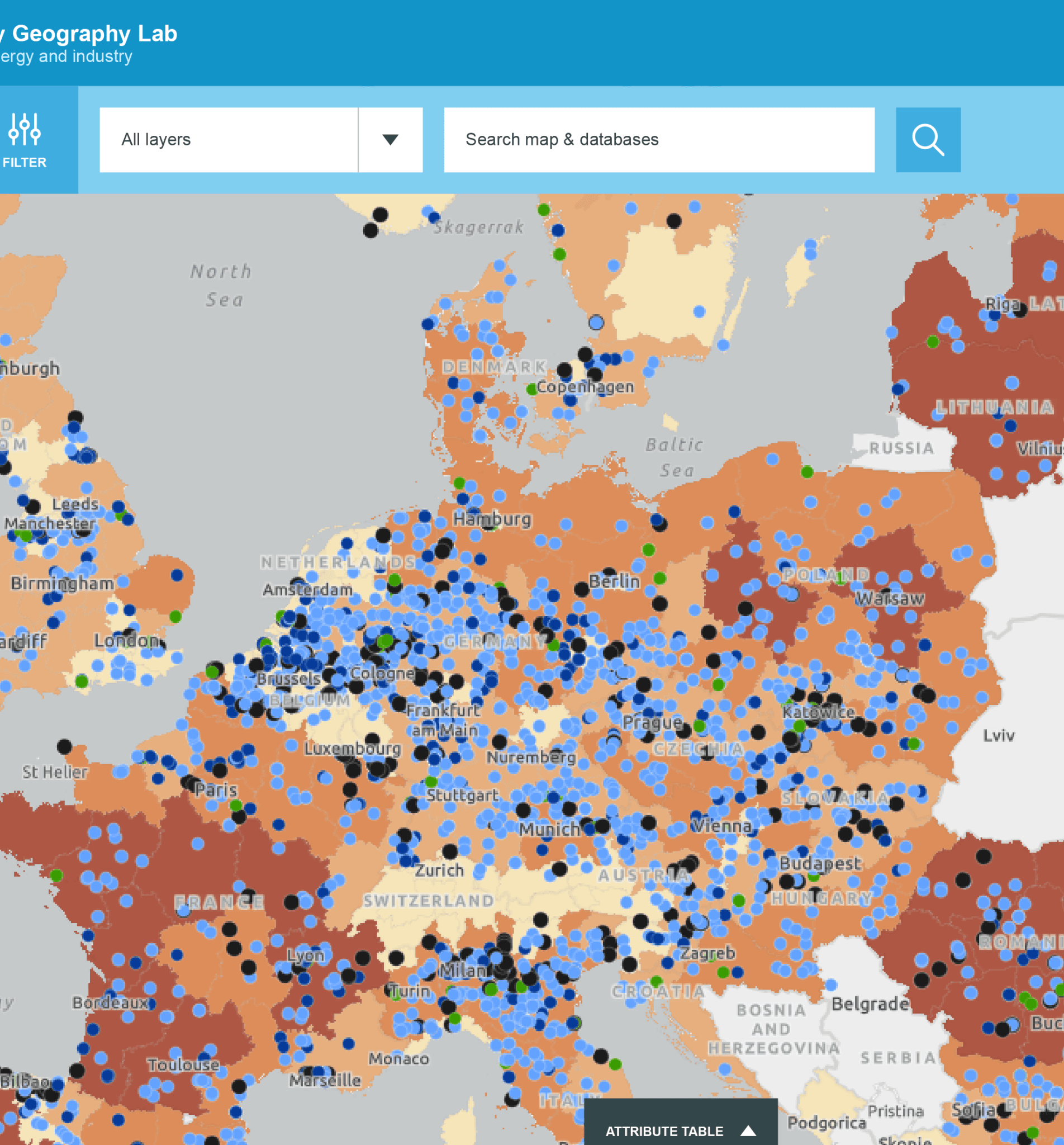2022
#Strategy
#Installation
De frictie dixi
"I look fat." "Those people don't like me." "I am worthless." "I don't deserve to exist." These are all thoughts that I believed to be true, even though they are not the reality. This phenomenon is called cognitive fusion, and it occurred because I never received help in breaking free from this thought pattern and achieving cognitive defusion. Through years of struggle and various therapies, I have made significant progress in improving myself and recognizing and analyzing my thoughts. Now, I also see how many other students go through the same experiences that I have had. I want to put a stop to that.
Due to factors like cognitive fusion, which is fueled by self-pressure, school pressure, and societal pressure, students develop low self-esteem. This is a problem that won't be resolved anytime soon and may even worsen. Therefore, it is relevant to try to improve the self-esteem of students. However, this cannot be achieved overnight, as it takes more than 21 days for people to adopt a new habit and incorporate a new way of thinking into their daily lives. To enhance their self-esteem, it is important for students to engage in positive self-talk, also known as self-praise. This allows students to gradually notice and articulate their thoughts. Moreover, what people say to themselves, when they say it, and how they say it can have a significant impact on their self-worth, beliefs about self-efficacy, and overall sense of value. During the testing of various prototypes that explored cognitive defusion in therapy and religion, it became clear that it is difficult to make students feel safe enough to express their thoughts aloud. Test results have indicated that a restroom stall is the place where students feel enough privacy to relax and express their emotions and thoughts. To facilitate students in articulating and analyzing their thoughts more easily, it is also important not to contribute to the larger underlying problem, which is the taboo surrounding therapy, seeking help, and discussing mental health. By making the final product public, working on mental health becomes normalized.
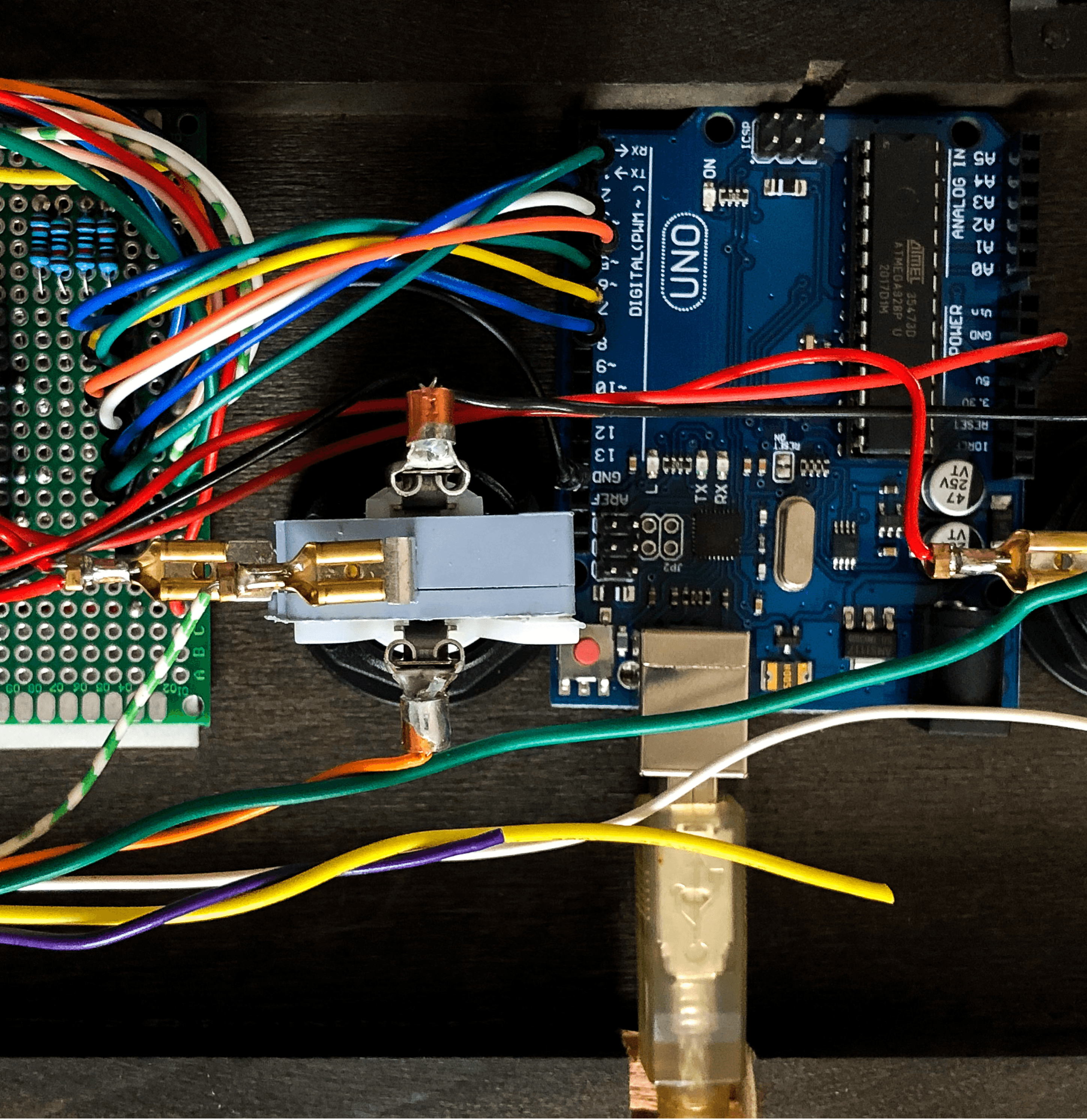
The product that addresses all these questions, particularly the main question, and aligns perfectly with the target audience in terms of form and interaction is the interactive installation called Friction Dixi (Frictie Dixi). This public "restroom" has been developed through extensive research, including the creation and testing of various prototypes from which the best results were selected. Friction Dixi provides students with an opportunity to critically examine themselves and their thoughts in an approachable manner while being in a public space at school. It allows them to confront themselves and experience a moment of calm and reflection during a busy and stressful school day. The Friction Dixi is acoustically isolated using soundproofing materials and does not require or retain any user data, ensuring complete privacy in public, encouraging students to share their thoughts aloud. Through the use of mirrors, asking critical questions from a therapeutic perspective, and listening to the answers, students engage in this self-confrontation. At the same time, they learn to regularly analyze their thoughts and feelings, thus achieving cognitive defusion. The Friction Dixi addresses the recognition, analysis, and action related to thoughts.
By placing the Friction Dixi in a public space, such as a learning plaza, mental health becomes more discussable among students, and they always have the option to use the Dixi. This also facilitates easier communication among students about mental health. The installation's intriguing appearance and fun stickers spread awareness of its existence among students within the school. This not only creates a unique experience but also normalizes conversations about the psyche.
At the end of the experience, the student is allowed to write on the mirrors what they would like to achieve or improve about themselves. This way, the experience is concluded on a positive note. As a result, the Friction Dixi will be a pleasant experience, leading students to use the installation regularly. Through this consistency, we can view the Friction Dixi as a modern twist on the well-known confessional booth, and the experience students have will gradually become a ritual they engage in weekly, if not daily. Over time, this will lead students to engage in more positive self-talk and improve their ability to analyze their own thoughts. This will enhance their self-esteem, while also making mental health a topic that is more openly discussed.
